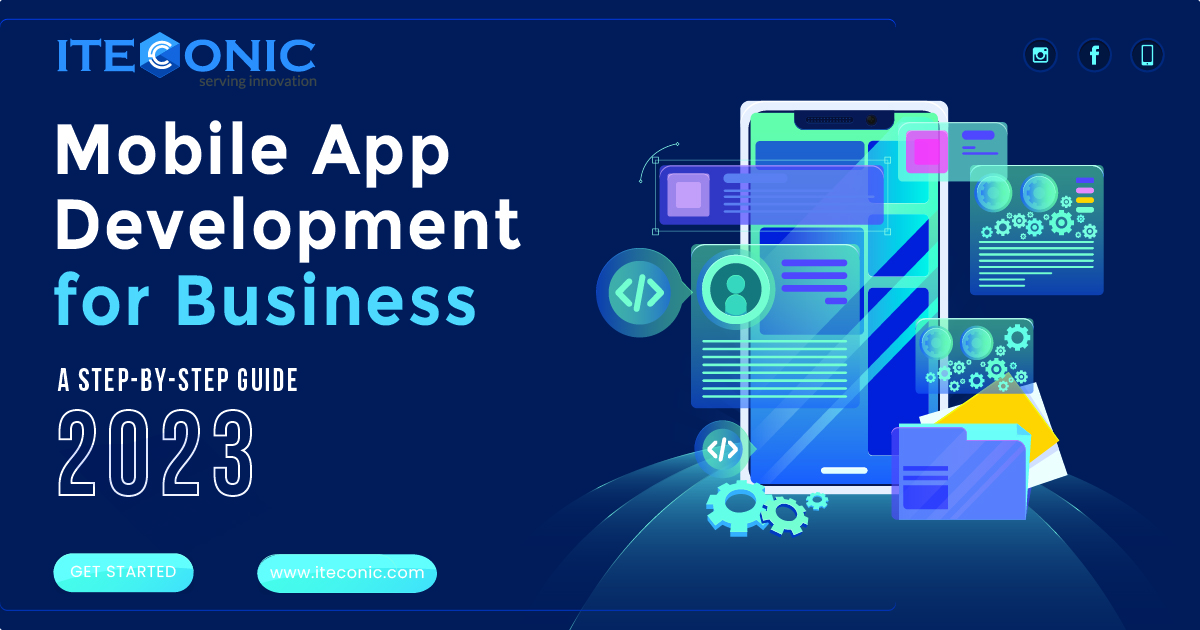Best Reasons to Use Kotlin For Android App Development in 2023
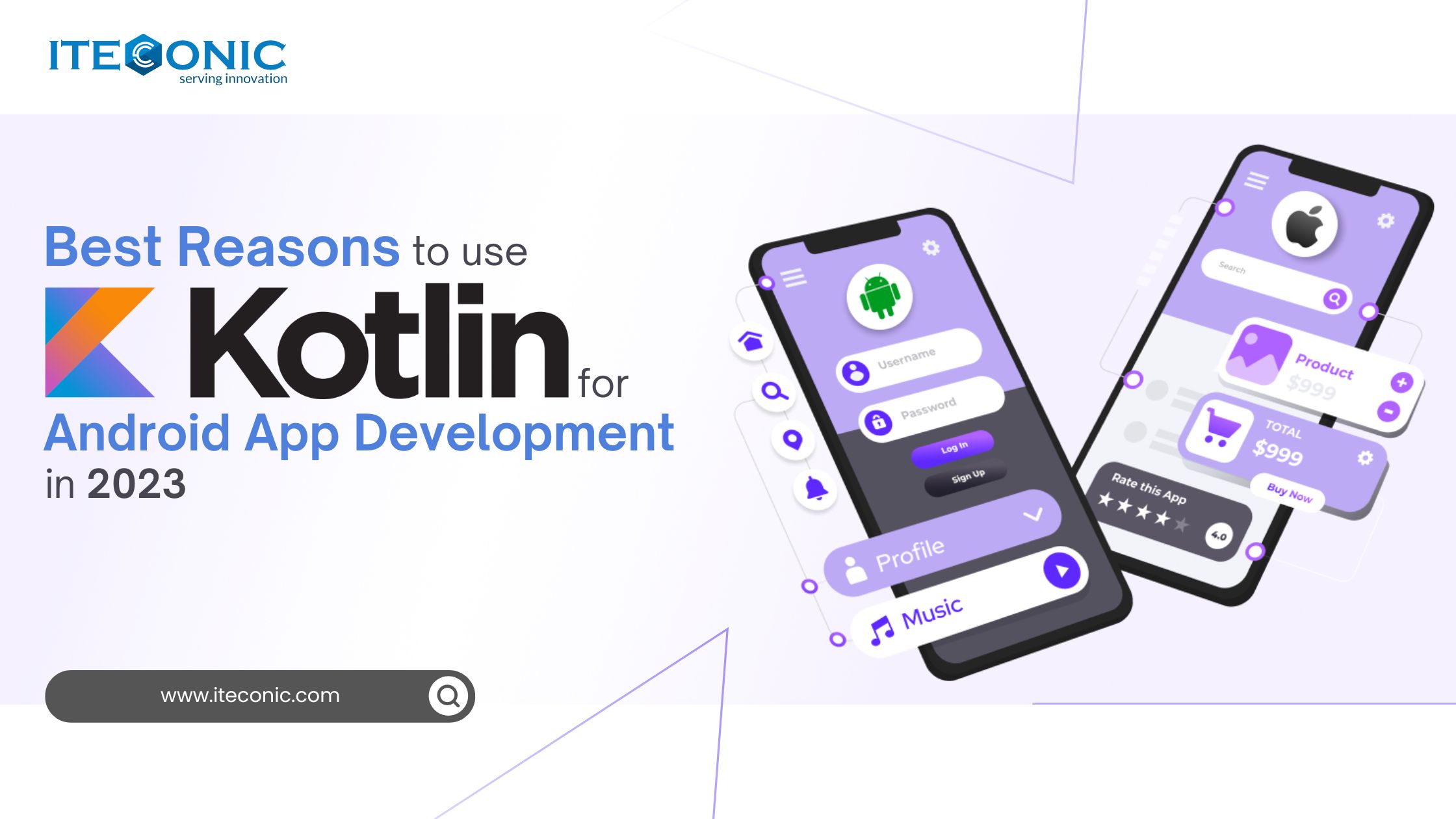
With the high rise of mobile applications, Android app development with Kotlin is on the 2023 hot demand list. Yes, I agree that iOS apps are equally important, but Android has set the bar as two-thirds of the Android smartphones in use globally. Despite its popularity, a majority of companies are intrigued to use Kotlin App development for Android devices, due to the five best compelling reasons.
First, its seamless interoperability with Java allows gradual adoption in existing projects. Second, Kotlin's concise and expressive syntax reduces boilerplate code, enhancing readability and maintainability. Third, built-in null safety prevents Null Pointer Exceptions, making the app more stable. Fourth, Kotlin's coroutines simplify asynchronous programming, improving performance. Finally, Kotlin's official support from Google ensures continuous updates and compatibility with Android development tools, making it a reliable and future-proof choice for building high-quality Android apps.
With these benefits, Kotlin empowers developers to create efficient, robust, and user-friendly mobile applications that work seamlessly on devices without technical glitches. But, to explain this a bit more, below Neath are the key advantages of using Kotlin for Android mobile app development companies.
What does Kotlin Stand For?
Kotlin is a modern, statically typed programming language developed by JetBrains, a software development company. It is designed to be fully interoperable with Java, meaning it can seamlessly integrate with existing Java code and libraries. Kotlin was created to address some of the shortcomings of Java and provide a more concise, safe, and productive alternative for app development.
Some key features of Kotlin include:
- Concise Syntax: Kotlin's concise syntax reduces boilerplate code, making it easier to read and write compared to Java.
- Null Safety: Kotlin's type system includes built-in null safety features, reducing the risk of Null Pointer Exception errors that are common in Java.
- Extension Functions: Kotlin allows developers to add new functions to existing classes without modifying their source code, improving code organization and reusability.
- Coroutines: Kotlin offers native support for coroutines, which simplifies asynchronous programming and makes it easier to handle concurrency.
- Smart Casts: Kotlin's smart casts allow the compiler to automatically cast variables to more specific types, reducing the need for explicit type checks and casts.
- Operator Overloading: Kotlin allows the overloading of operators, enabling developers to define custom behavior for operators like +, -, *, etc., for their classes.
Also Read – In-depth comparison between Laravel vs NativePHP
Use of Kotlin Android App Development in 2023
By now, you have known about the basics of Kotlin and why it is in high demand. Let’s unfold the uses of Kotlin app development that will benefit the application development process for Android devices.
- Interoperability with Java:- Kotlin is designed to be fully interoperable with Java, allowing mobile app developers to seamlessly integrate Kotlin code into existing Java projects and vice versa. This feature is particularly valuable for companies with legacy Java codebases, as they can gradually adopt Kotlin without the need for a complete code overhaul. The ability to mix and match Java and Kotlin code in the same project facilitates a smooth transition to Kotlin and enhances code reusability.
- Concise and Expressive Syntax:- Kotlin's syntax is concise, expressive, and more streamlined compared to Java. Developers can achieve the same functionality with fewer lines of code, reducing boilerplate code and making the codebase more readable and maintainable. Features like type inference, data classes, and extension functions allow developers to write more elegant and efficient code, which ultimately leads to increased productivity.
- Null Safety:- One of the most significant pain points in Java development is dealing with Null Pointer Exceptions (NPEs) due to null references. Developers must explicitly define nullable types, and the compiler enforces null checks, reducing the likelihood of NPEs in the code. This feature improves app stability and reliability by mitigating crashes caused by null references.
- Coroutines for Asynchronous Programming:- Kotlin app development offers built-in support for coroutines, which are lightweight threads designed for managing asynchronous operations. Coroutines make it easier to write asynchronous code in a sequential manner, similar to synchronous code, without resorting to complex callback structures. This feature simplifies concurrent programming and enhances the app's performance by enabling developers to handle long-running tasks efficiently.
- Officially Supported by Google:- Popular search engine Google in 2017 announced Kotlin as an authorized language for Android app development. This endorsement by Google signals Kotlin's long-term support and its position as a first-class citizen in the Android ecosystem. As a result, Kotlin receives regular updates and is continuously optimized to work seamlessly with the latest Android development tools and libraries. Developers can confidently choose Kotlin, knowing that it aligns with the latest industry standards and best practices.
How ITEconic Empowers Android Application Development with Kotlin
With the adoption of the latest tools and updated technologies, ITEconic excels in empowering Android application development with the perseverance of Kotlin, a modern and versatile programming language. Backed by an adept team of developers, ITEconic harnesses the power of Kotlin's concise syntax and robust features to craft cutting-edge Android applications. Kotlin's interoperability with Java allows our app engineers and developers to seamlessly integrate new functionalities into existing Java-based projects, ensuring a smooth transition and enhanced performance. By leveraging Kotlin's null safety and expressive syntax, our mobile app developer team creates more reliable and efficient codebases, reducing the likelihood of runtime errors.
ITEconic’s proficiency in Kotlin enables them to build dynamic, feature-rich Android apps that offer exceptional user experiences. The language's enhanced readability and concise coding approach result in faster development cycles, translating to quicker time-to-market for clients. Through Kotlin, we work progressively to empower Android app development with improved productivity, maintainability, and scalability. By staying at the forefront of Kotlin advancements, our developers remain dedicated to providing innovative solutions that cater to the evolving landscape of Android application development.
To Summarize The Topic
Using Kotlin app development for Android applications provides the advantages of seamless interoperability with Java, concise and expressive syntax, enhanced null safety, easy asynchronous programming with coroutines, and the backing of Google's official support. These features make Kotlin an excellent choice for modern Android app development, empowering developers to build robust, advanced, and feature-rich Android mobile applications.
Q. What is Kotlin in application development?
Kotlin is a modern programming language used in application development, especially for Android. It offers concise syntax, enhanced safety features, and seamless integration with existing Java codebases. Kotlin improves developer productivity, reduces errors, and enables the creation of robust and efficient applications.
Q. Should I learn Kotlin or Flutter for Android development?
Both Kotlin and Flutter are valuable for Android development. Learn Kotlin for building native Android apps with enhanced features and interoperability. Choose Flutter for cross-platform development with a single codebase. Your choice depends on project requirements: Kotlin for native, feature-rich apps; and Flutter for efficient cross-platform development.
Q. What are the benefits of Kotlin app development?
Kotlin app development offers concise syntax, null safety, interoperability with Java, and enhanced productivity. It reduces boilerplate code, prevents null pointer exceptions, and simplifies complex tasks. Kotlin's modern features lead to more reliable, maintainable, and efficient applications, making it a preferred choice for Android developers.
Q. Is Kotlin used for frontend or backend?
Kotlin is primarily used for backend development. It's a popular choice for building server-side applications and services due to its conciseness, safety features, and interoperability with Java. While it can also be used for frontend development with frameworks like Kotlin/JS, its main strength lies in backend applications.
Q. Does Kotlin have a future in Android application development?
Yes, Kotlin has a promising future. It's widely adopted for Android app development, and its versatile features, strong community support, and compatibility with existing Java code ensure its relevance. As it expands into other domains like backend and multiplatform development, Kotlin is positioned for continued growth and innovation.
Q. Why companies are moving to Kotlin?
Companies are adopting Kotlin due to its concise syntax, null safety, and enhanced developer productivity. It offers seamless Java interoperability, making migration smooth. Kotlin's modern features reduce bugs, improve maintainability, and accelerate development. These benefits drive companies to enhance their codebases, especially in Android app development.
Q. Will Kotlin be replaced by Flutter?
Kotlin and Flutter serve different purposes. Kotlin is a programming language mainly used for Android app development, while Flutter is a UI toolkit for building cross-platform apps. While Flutter's popularity grows, Kotlin remains integral for native Android development.
.jpg)
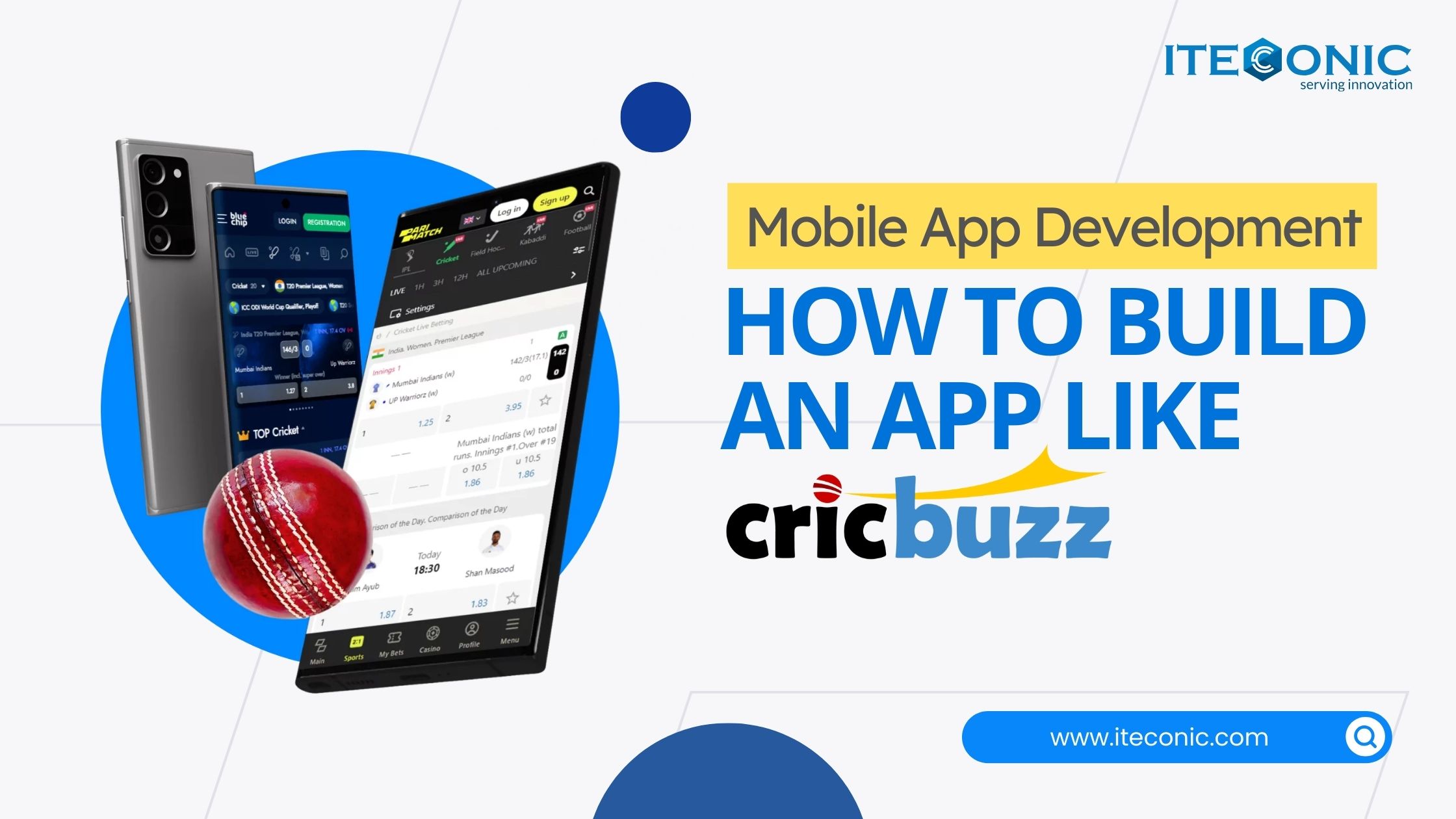
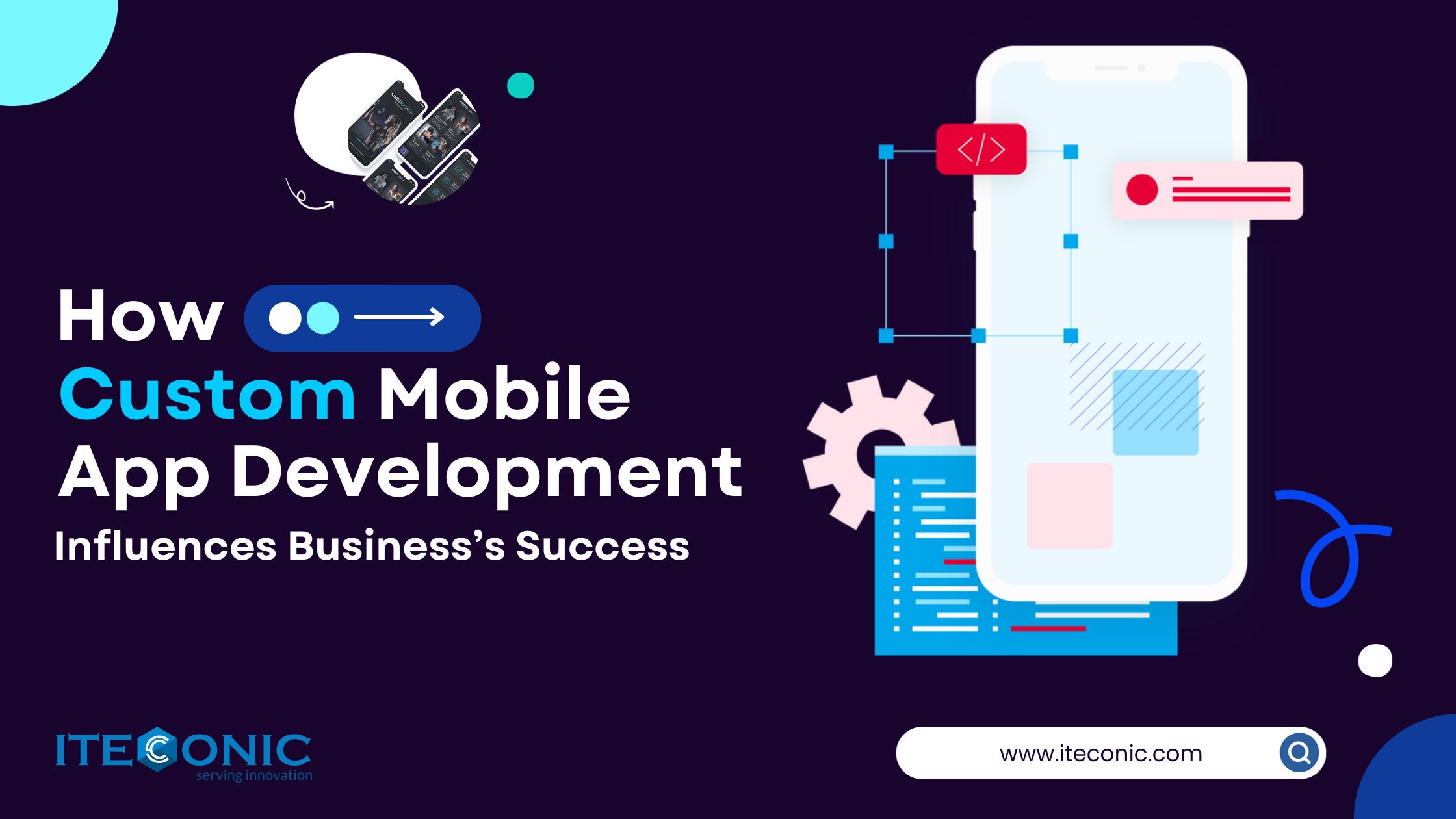
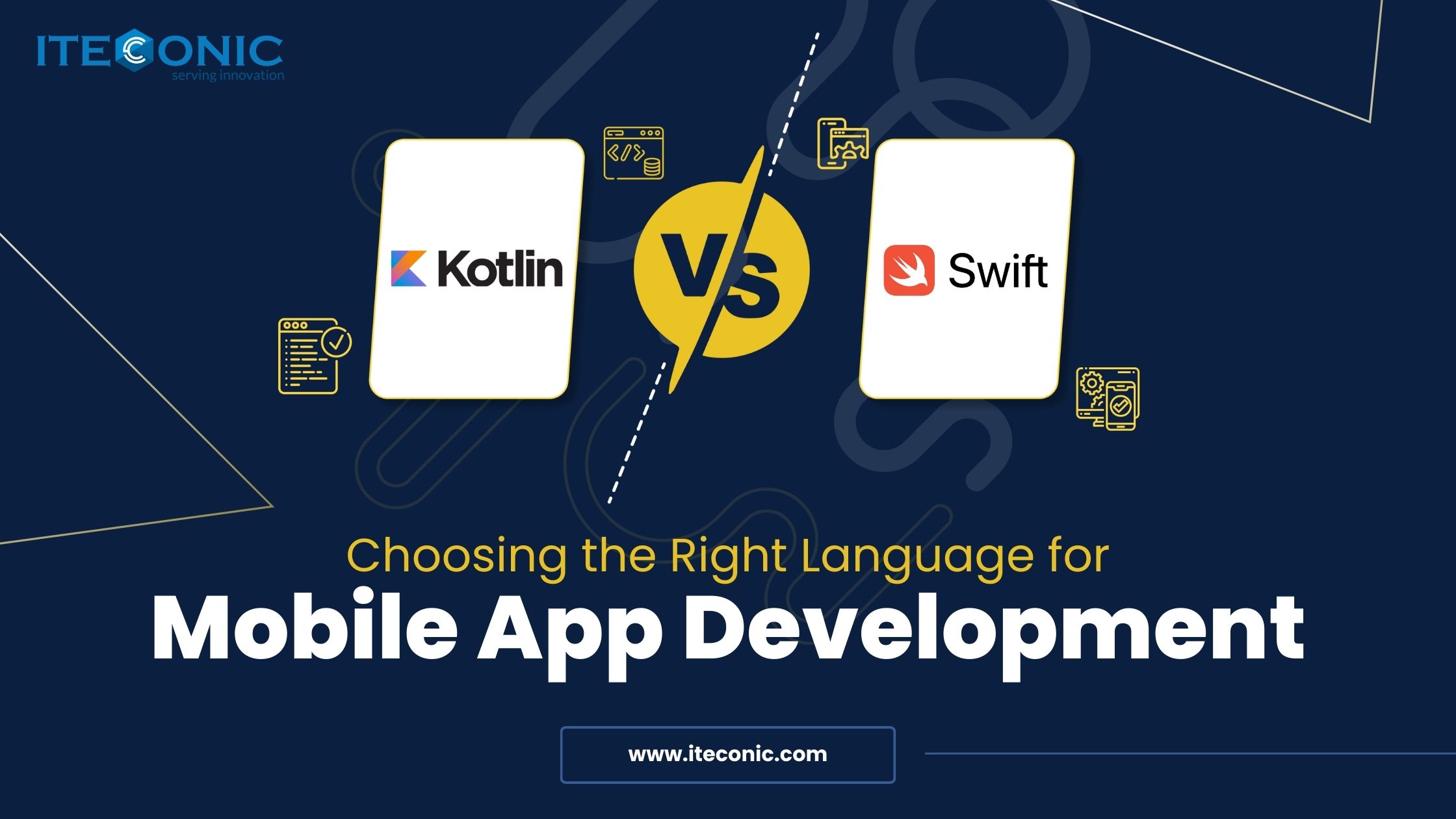

.jpg)
.jpg)
.jpg)
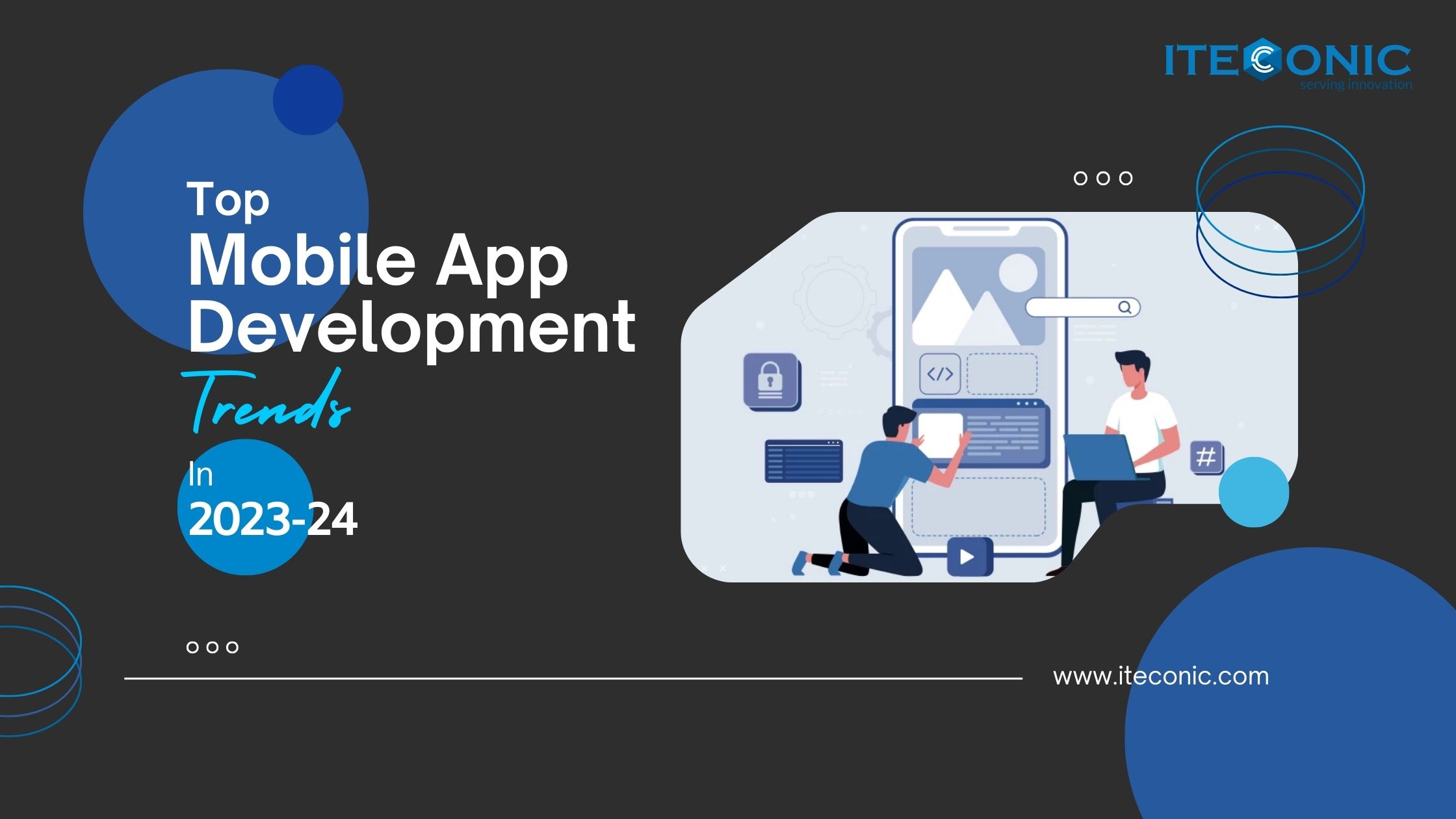
.jpg)
 (1).jpg)
.jpg)
.jpg)

 (1).jpg)

.jpg)
 (2).jpg)
.jpg)
.jpg)
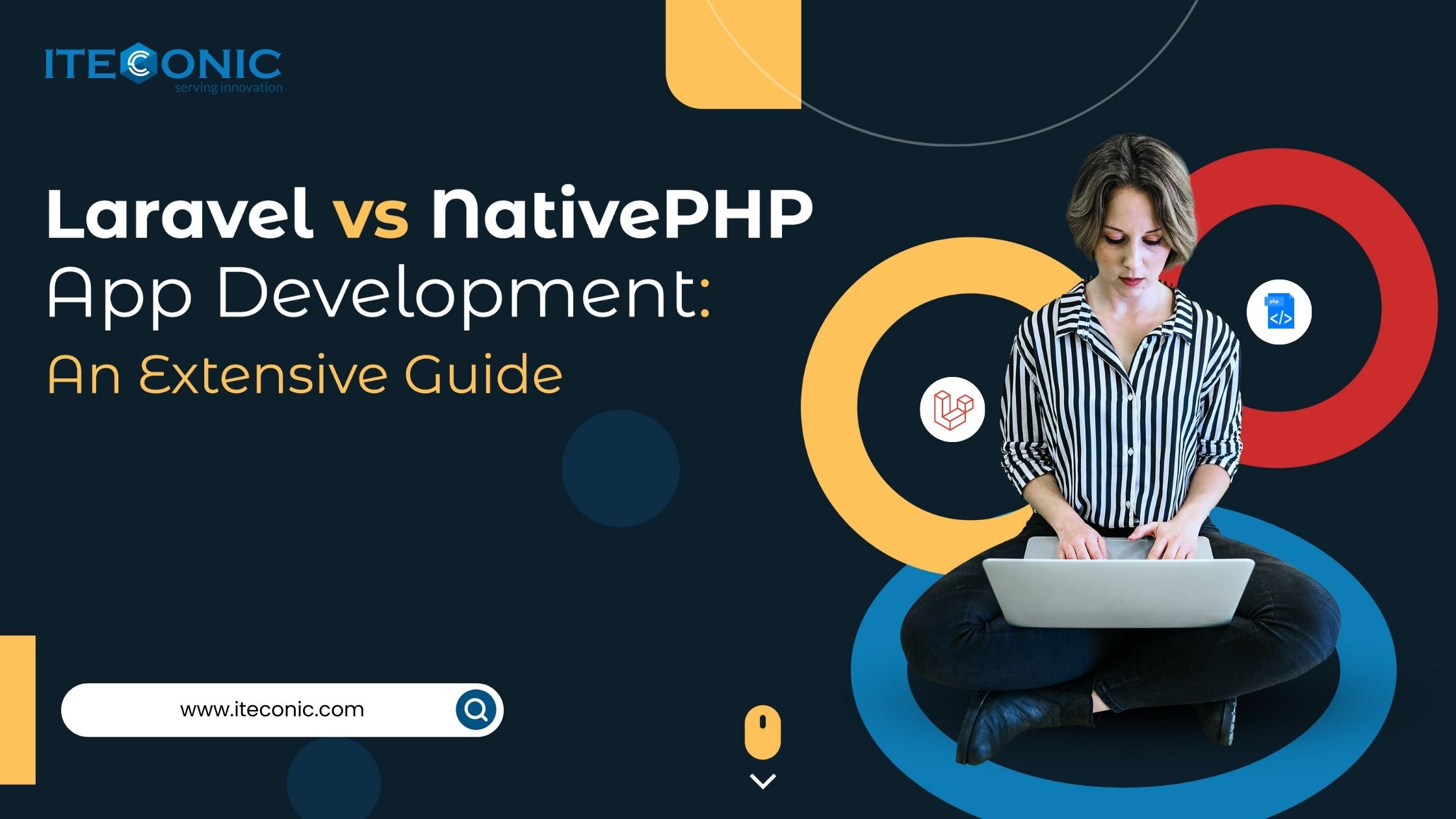
.jpg)


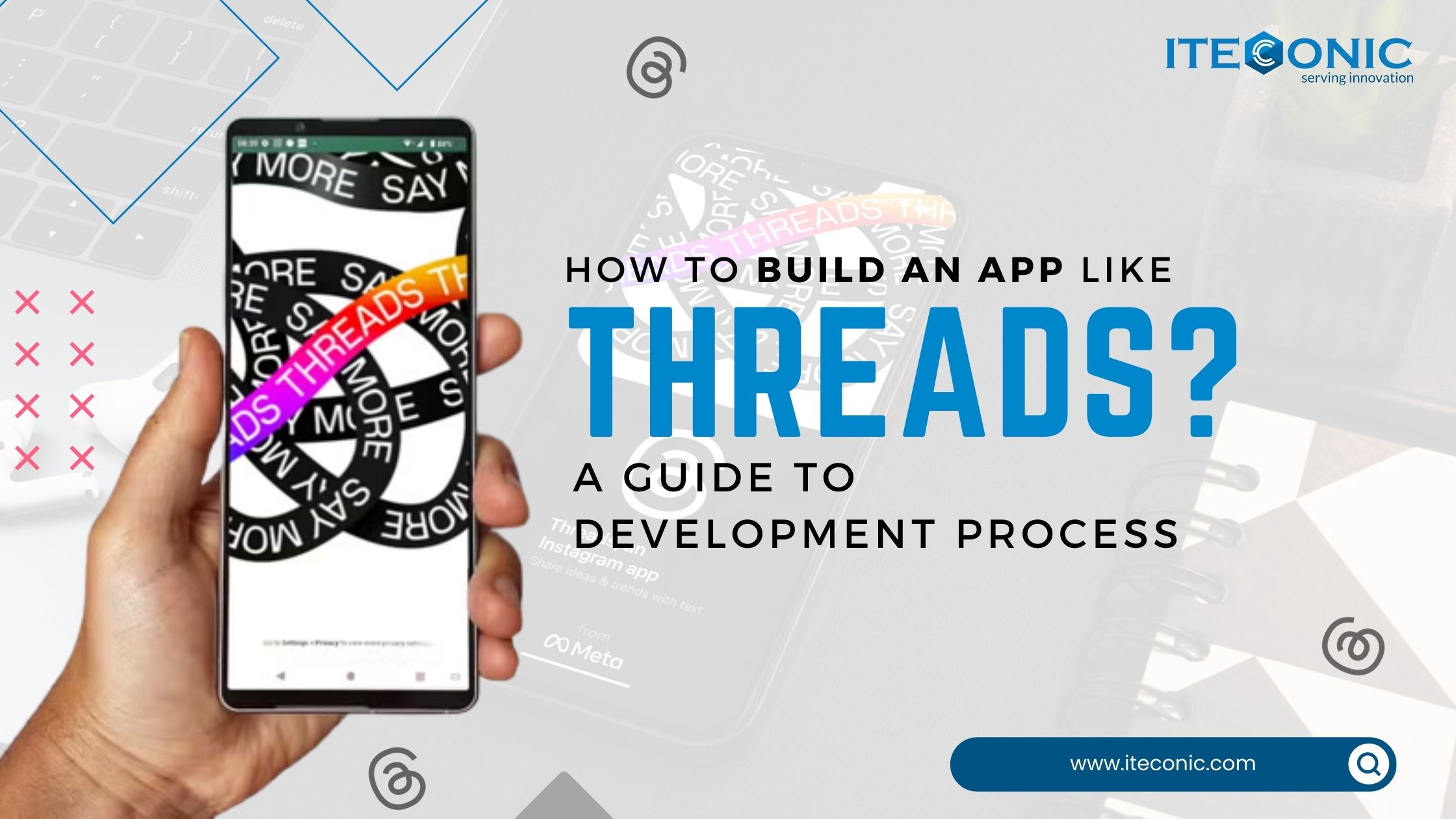
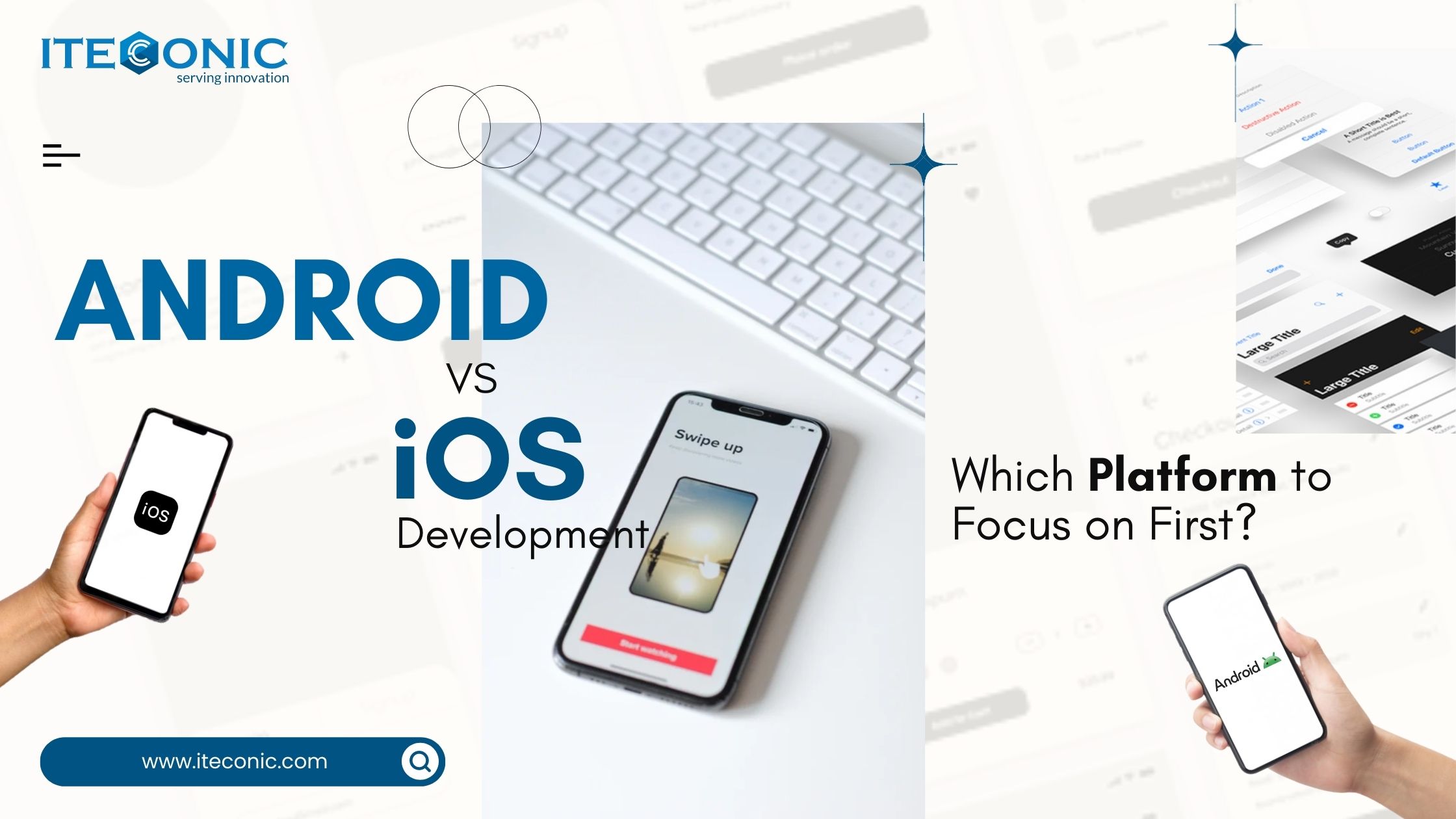

.jpg)
.jpg)
.jpg)

.jpg)
.jpg)
.jpg)
